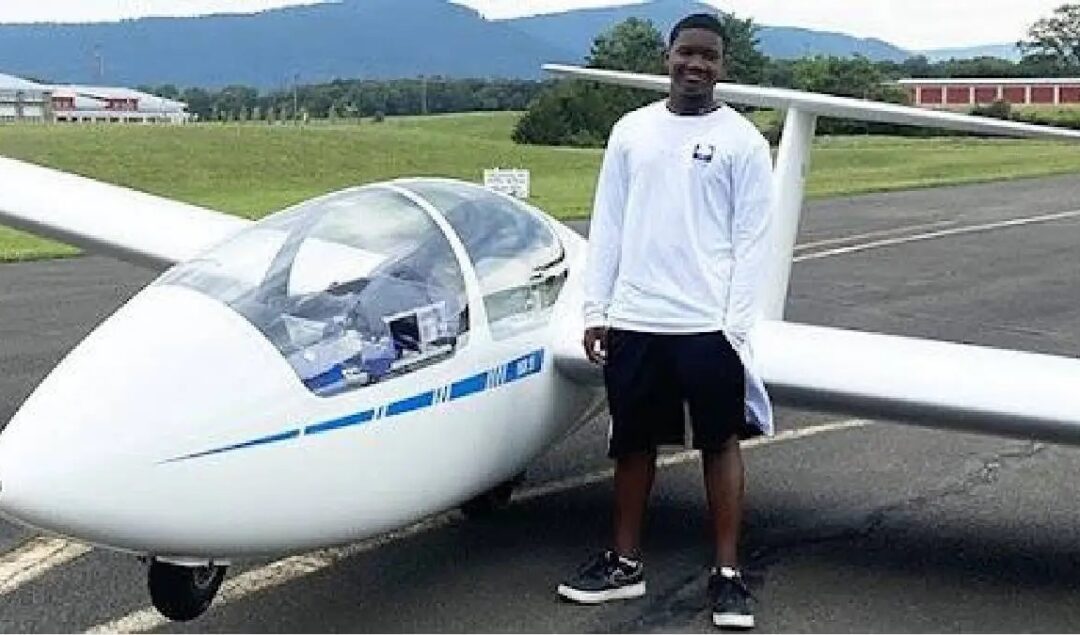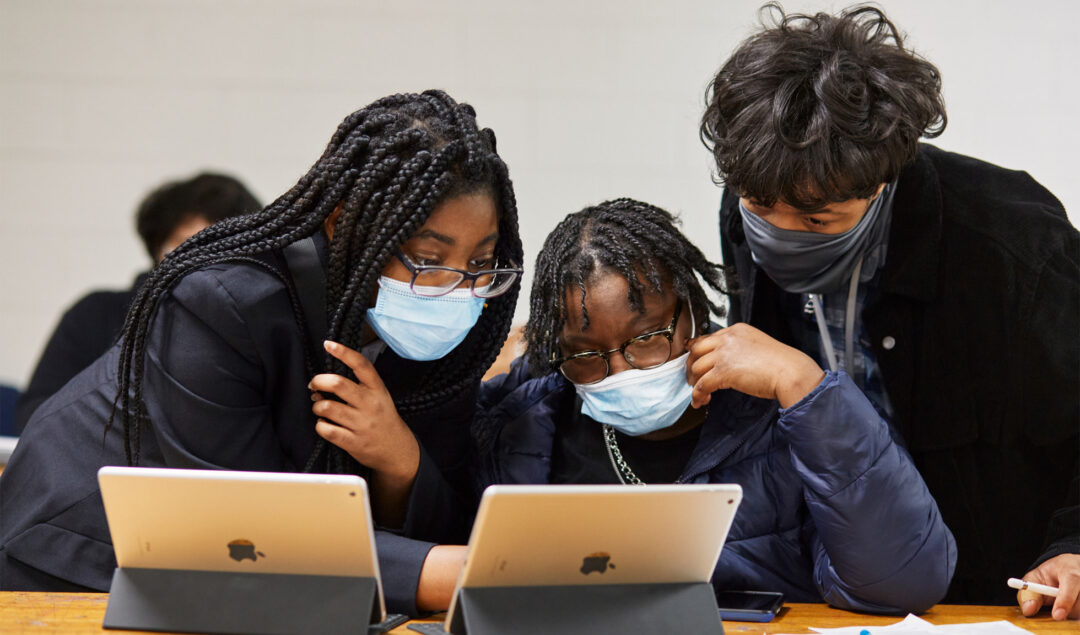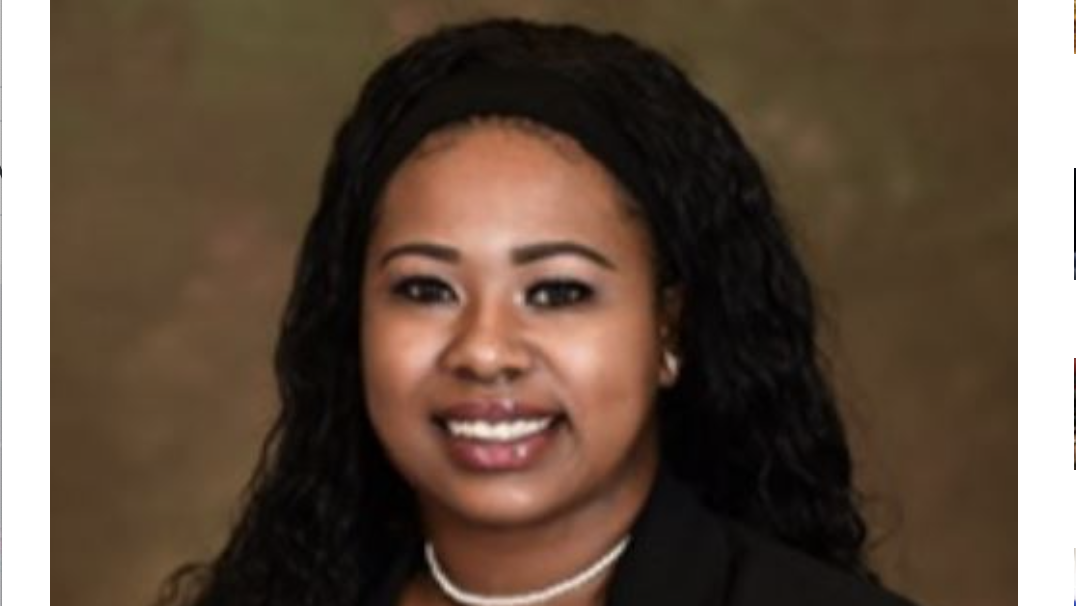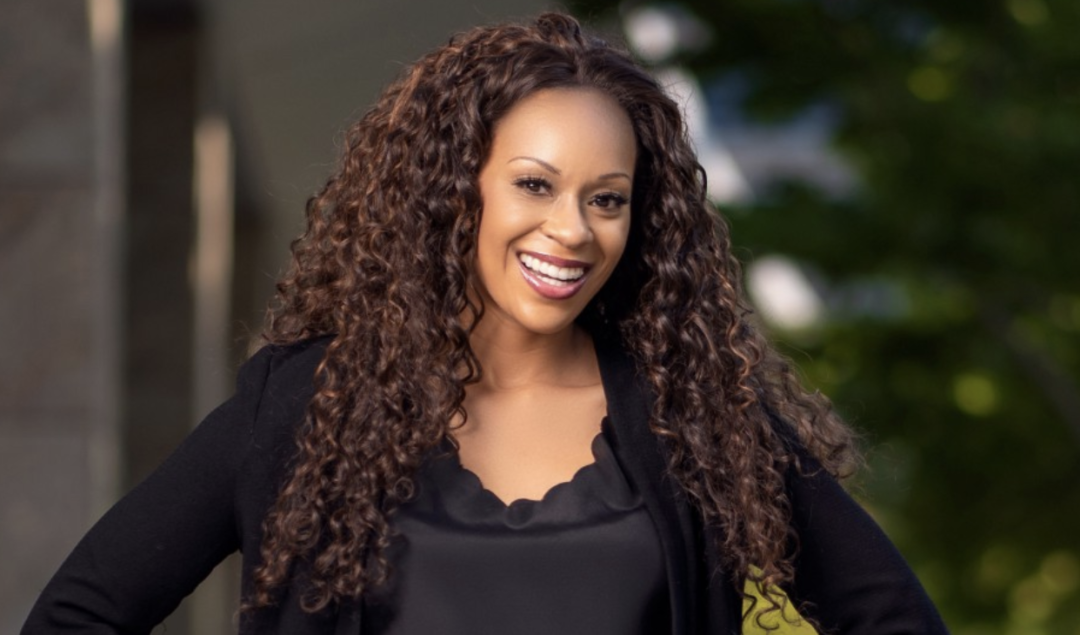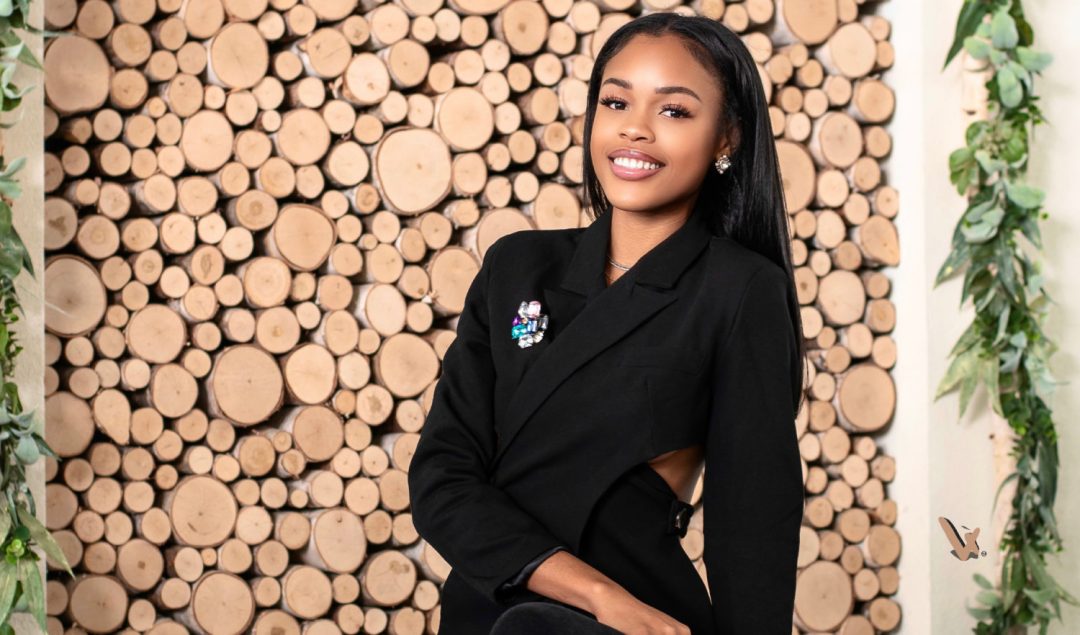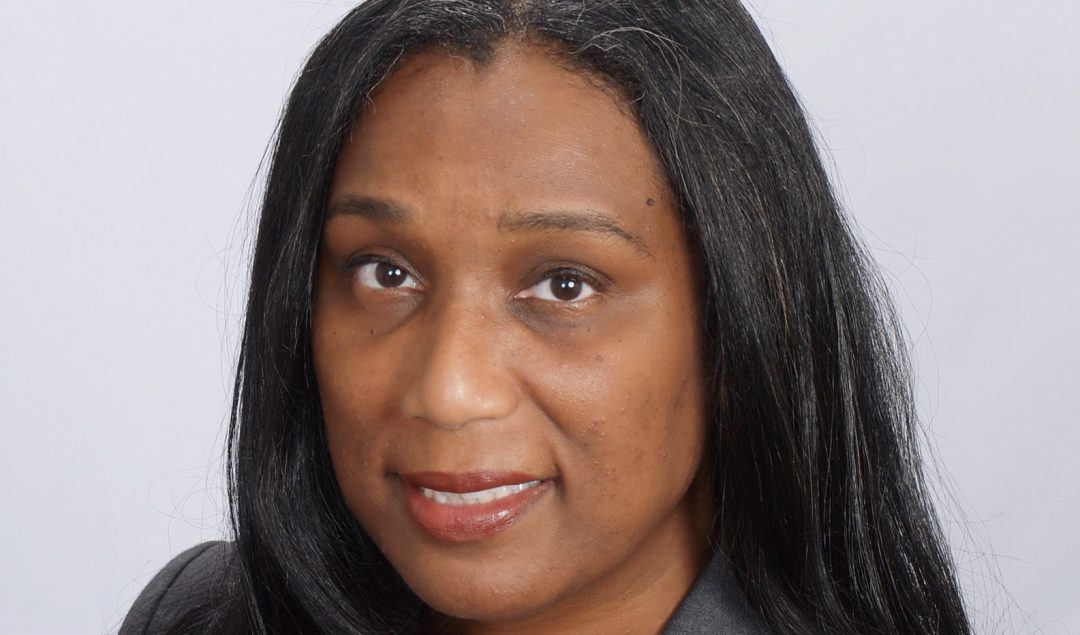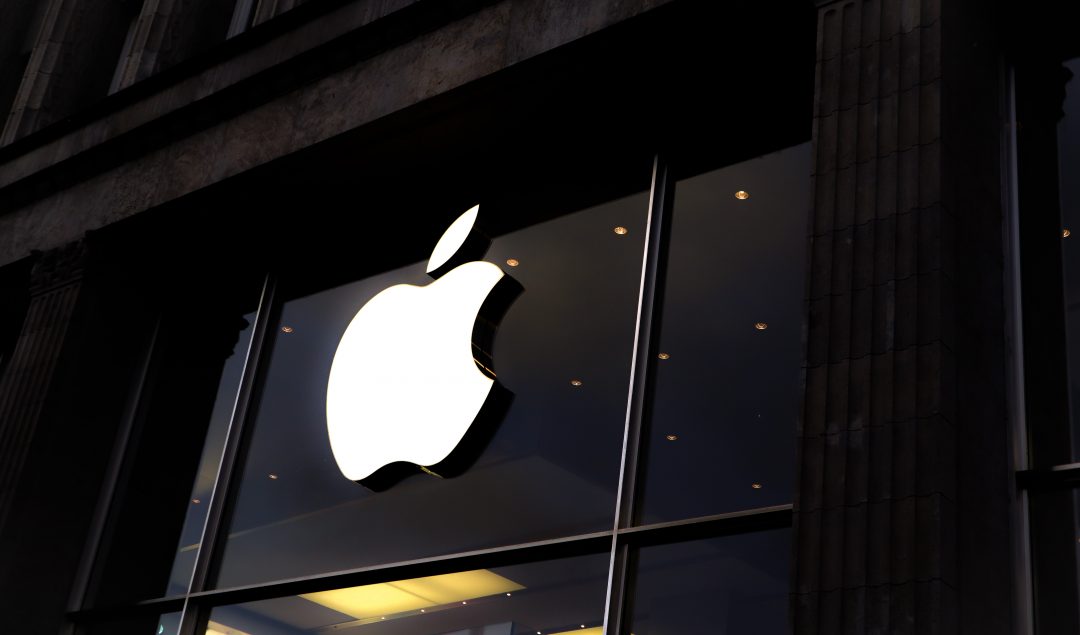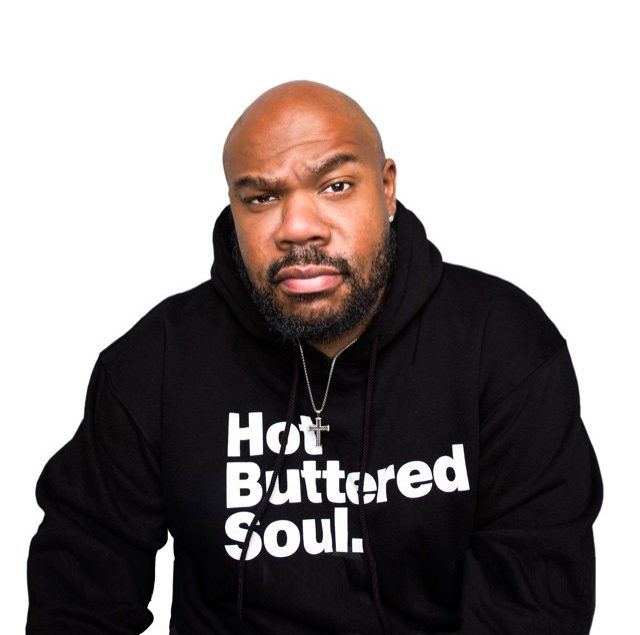Alhaji M. Sow, an 18-year-old sophomore studying aeronautical science at the Florida Institute of Technology (FIT), was shot and killed during a confrontation with officers on December 3. Now his family is reportedly questioning the use of force on their son. Here’s a breakdown of what we know so far: Around 10 p.m. on Friday, December 3, Melbourne police reported officers were called to the campus after news of the sophomore brandishing a knife and allegedly assaulting students with it. Authorities report Florida tech campus security confronted Sow inside the Roberts Hall, where investigators say he refused
A Black teenager from Prince George’s County, Maryland, has officially become the youngest glider pilot in the nation’s history.
It’s Computer Science Education Week and Apple is taking lead by announcing a new program that will propel the future generation of STEM leaders. The Boys & Girls Clubs of America will now have an opportunity to teach students how to code through Apple’s latest collaboration. Using iPad and Apple’s free Everyone Can Code curriculum — and with ongoing professional support from Apple educators — kids and teens at local Boys & Girls Clubs will integrate coding into their programming, giving students the opportunity to create and collaborate on the basics
Spelman senior Inglish Hills has won the grand prize at BearWay Capital’s HBCU New Venture Challenge for her recycling system startup, Save Cycle. The start-up will undercut waste management services and pick up recyclables for businesses at a lower price. Businesses can use the Save Cycle app to schedule pick-ups and rent dumpsters. They can also track their environmental impact, making them eligible for tax advantages. Individuals will use the Save Cycle app to locate deposit boxes. Then, after disposing of their recyclables, they can scan a QR code and
The ‘I Heart My HBCU’ app, which uses technology to make donations to Historically Black Colleges and Universities easy, has partnered with the Xavier University of Louisiana for a two-year collaboration. During the two-year partnership, Xavier and I Heart My HBCU jointly aim to have 10,000 people join the XULA donor community. For every new donor sign-up, I Heart My HBCU will donate an additional $1, up to $10,000. When first launched in 2017 by Dominique King – it became the first platform where users could donate spare change to any of
Young people are the future, and one woman, 23-year-old Dazayah Walker, is the epitome of not letting age hold you back. Walker is one of the youngest female venture capitalists, thanks to the impressive investment portfolio she manages and maintains for one of Atlanta’s most prominent entertainment labels, Quality Control. What is Quality Control? Quality Control Music is an American hip hop record label founded by Kevin “Coach K” Lee and Pierre “P” Thomas in March 2013. it’s responsible for groundbreaking acts that include Migos, Lil Baby, City Girls, Lil Yachty, and a
As part of our weekly interviews, POCIT has had the pleasure of interviewing founders who’ve raised millions in capital, social media influencers using their platforms to educate young people looking to get into the tech sector. Now on this series, we’ve sat down with the founder and president of BWISE, a STEM organization already driving robust change for mid to senior-level Black women in tech, engineering, and science.
Apple has just announced its supports for the Propel Center, A Global HBCU Leadership Hub, With $2M In Research Grants. Through the company’s Racial Equity and Justice Initiative, support from Apple will give HBCUs tools and resources to pursue new research and learning opportunities. Propel, and Apple are working together to help develop curricula and provide ongoing mentorship, learning experiences, and internship opportunities. Imagined in January 2021 by Ed Farm—an ed-tech nonprofit committed to transforming classrooms to uplift communities— and supported by founding partners Apple and Southern Company, the Propel Center
Deciding on the right type of funding for your business can be difficult. In fact, it’s considered one of the hardest and most stressful things you could do as it can make or break your startup. Every funding option has advantages and disadvantages, and some are better suited to certain types of businesses and business models. It’s important to explore the funding options available before deciding how to build your company as the route you take will have some serious consequences. Here we break down what some of the keywords
There have been dozens of stories written this year about people that used lockdown as a way to better themselves or to learn a new and beneficial skill but I don’t think many have had the privilege of hearing Asia Sharif’s story. The proudly Black and Muslim woman is inspiring for many reasons – one being that she is a self-taught ‘Junior Software Engineer and Blockchain Developer’ that used the pandemic as an opportunity to change career paths and teach herself how to code. The second reason is that she


